About The Mucusso Village
The province of Kuando Kubango, is Angola’s second-largest province, and takes its name from the two rivers that flow through it, namely, the meandering Kuando and Kubano rivers. It is also colloquially called ‘the province at the end of the earth’, with the province’s capital being the town of Menongue.
During the 1980’s and 1990’s, the area was central to the Angolan Civil War, in particular, the freedom fighting forces of Jonas Savimbi’s UNITA. Incidentally, the most fierce battles in the war have been fought in Kuito Karnaval and Mavinga.
The devastation and almost total destruction of the region’s communities, its flora and fauna and extreme poverty had gone largely unnoticed.
The cost on people’s lives has been extreme–more than half the population has been mutilated through the loss of limbs and eyes–from the prolific mines that have turned the countryside into a minefield. The consequences have been, sadly, far reaching.
From the many villages in Angola, Mucusso Village has been the one lagging most behind, in terms of economic, social and cultural development.
The indigenous Khoi-San and other native inhabitants residing in the province of Derico, specifically, the village of Mucusso, are poverty-stricken, with no access to running water, electricity or any other forms of infrastructure. The lack of development within the region has reached critical proportions, with people experiencing mass starvation and in great need of medical assistance.
The lack of proper nutrition has resulted in high mortality rates which has further negatively impacted the economic situation. Add to the fact that the Khoi-San often migrate between Angola and Namibia in search of water and food, are often threatened with the extinction of their kind. The reason is that as population numbers dwindle, and as they travel on foot, they are subject to both the elements and the still-active and unseen landmines.
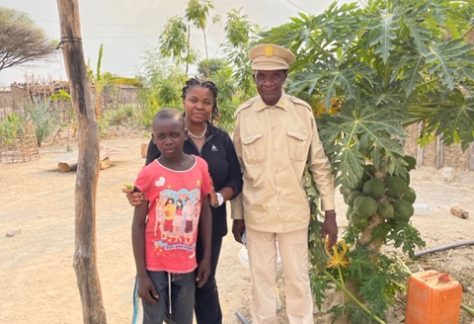
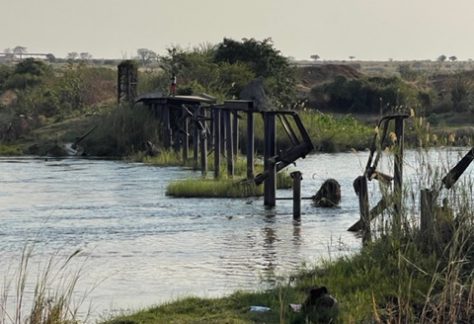

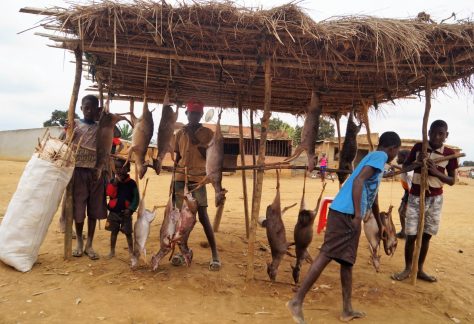

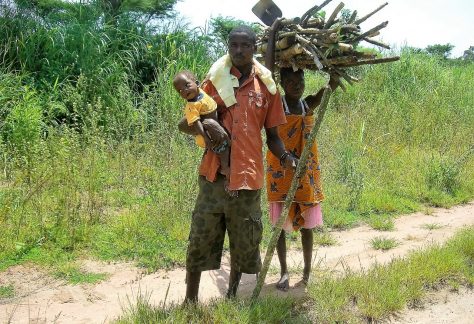
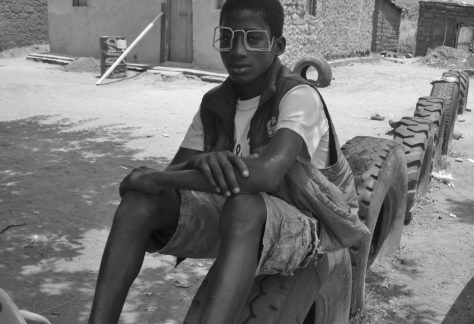
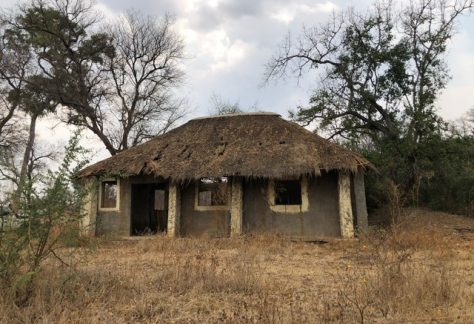
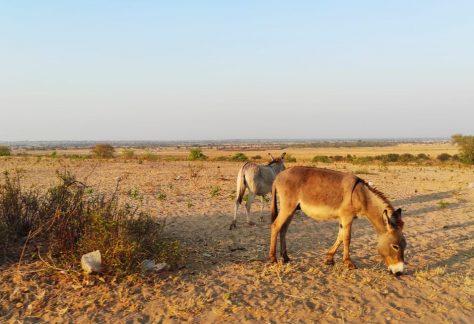
The province of Kuando Kubango shares its borders with two other countries, namely Zambia and Namibia. The region has a rich natural heritage, boasting swathes of untouched, green landscapes that are home to the indigenous people who live there.
The inhabitants of Mucusso live, largely, on a diet subsisting of game and wild honey, with little else being developed, due to a lack of financial resources and knowledge of any other means of subsistence to exist.
The people are hard-working and eager to change their lot in life, for the better, so that they can continue to grow and flourish, and become self-sustainable, which is a giant leap towards social upliftment initiatives.
As a critical component in supporting Angolaverstehen – Compreendo Angola e.V., we have partnered with N’Kiela, who have been successful in getting a Memorandum of Understanding signed by the Angolan Government, represented by the Angolan ministry of Culture, Tourism and environment, which has proved a major accomplishment.
It settles the vision of N’Kiela together with Angolaverstehen – Compreendo Angola e.V. to marry their interests in developing a self-sustaining eco-village that will provide the requisite means for the community to maintain themselves.
The land size is 10 000 hectares, and the development of such an eco-village will spawn numerous sub-industries including recycling, ecological protection and will provide the grounds for technological infrastructure to enable digital access.
For the first time, the town of Mucusso is being placed under the development spotlight. With the advent of the Digital Age, the community has been left far behind in terms of social, educational and economic progress.
The solutions that N’Kiela have, form the basis for continual economic growth, education, the preservation of natural resources and the technological grounding infrastructure to develop an eco-village that can confidently take its place in the 21st Century, African Renaissance.
But, not only that, there exists untapped potential for entrepreneurs in the European market to establish successful business relationships as either investors or suppliers of key products and services. As part of our facilitation process, N’Kiela can effectively become the bridge that links Africa and Europe for mutually-beneficial and symbiotic business relationships.
